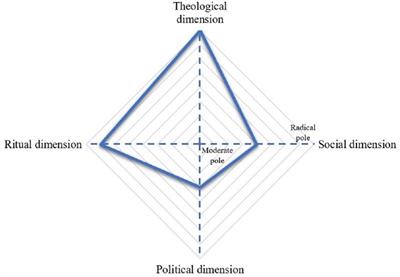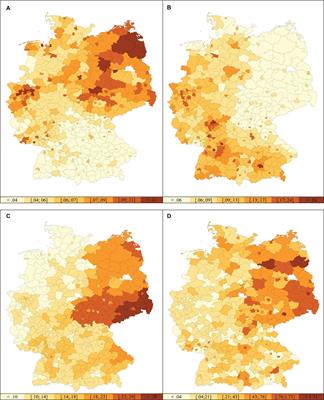ORIGINAL RESEARCH
Published on 14 Jul 2021
Discover Your Inner Strength: A Positive Psychological Approach to Bolster Resilience and Address Radicalization

doi 10.3389/fpsyg.2021.614473
- 3,016 views
- 1 citation
24k
Total downloads
390k
Total views and downloads
Select the journal/section where you want your idea to be submitted:
ORIGINAL RESEARCH
Published on 14 Jul 2021

ORIGINAL RESEARCH
Published on 07 Jan 2021

ORIGINAL RESEARCH
Published on 17 Jun 2020
ORIGINAL RESEARCH
Published on 11 Jun 2020

ORIGINAL RESEARCH
Published on 03 Jun 2020

HYPOTHESIS AND THEORY
Published on 24 Mar 2020
ORIGINAL RESEARCH
Published on 03 Mar 2020

HYPOTHESIS AND THEORY
Published on 18 Feb 2020

CONCEPTUAL ANALYSIS
Published on 18 Nov 2019

ORIGINAL RESEARCH
Published on 18 Oct 2019

